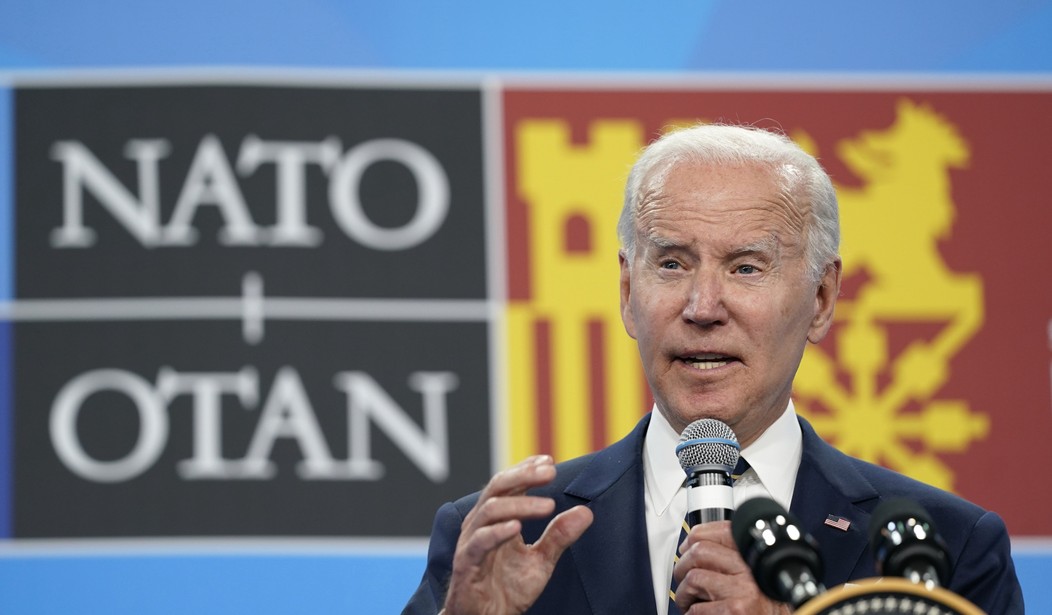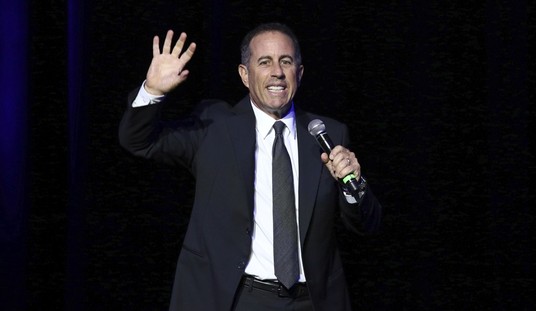A recent Wall Street Journal editorial argues that Congress's inclusion of a provision in the annual defense policy bill requiring consultation before withdrawing from NATO is a necessary safeguard against a potentially isolationist president. However, while I almost always find myself in agreement with the Journal’s editorial board, I reject the premise that such a provision is warranted and would argue that it fails to acknowledge the changing global landscape and the potential benefits of a more economically-focused approach to international relations.
I would expect the Wall Street Journal’s editorial board to sympathize with the idea that what the world really needs now isn’t more military defense alliances but far more economic offensive alliances and initiatives. Call it a Supply Side Foreign Policy.
The Cold War era, with its clear ideological divide and the Soviet Union as a significant threat, necessitated strong military defense alliances like NATO. After all, it was an appropriate counter to the Warsaw Pact. However, times have changed, and the global dynamics have evolved significantly. Seems to me this is why the Warsaw Pact ceased to exist in 1991 and why NATO should have also.
The Cold War is over!
After 50 years of delicate maneuvering, the Kremlin was checkmated in its evil intent to take over the world. Thirty-two years ago, the United States became the most powerful, uncontested political, economic, and military power in the history of mankind. Isn't that great? We don't have to drop the Big One on Moscow anymore. And yet, sometimes, especially when listening to cold warriors like Joe Biden, Mike Pence, and John Bolton, it seems the good news didn’t reach everybody despite it being all over TV, radio, newspapers, and the Internet.
Today, the world faces a different set of challenges that are better addressed through economic alliances rather than outdated military alliances. Why is it only Western Europe got to enjoy a “Peace Dividend” after the Cold War ended? And might that explain why, according to a recent analysis by Business Insider, of the 25 strongest militaries in the world, Germany is ranked 25?
The United States already has strong alliances or potential allies throughout the globe. The same article reveals that out of the 25 strongest militaries, 22 are already well-positioned in terms of military cooperation with the United States. Meaning the countries are either in NATO, or otherwise considered strong U.S. allies or potential allies. Why continue with a military alliance that provokes our foes unnecessarily? And why are we so determined to make new enemies out of old enemies?
Rather than maintaining redundant military alliances, wouldn’t it be more strategic and efficient to focus on forging better economic partnerships that drive economic growth and open new avenues for international cooperation to help reduce global instability, including by reducing poverty?
The world has become more interconnected than ever before, and economic factors play a crucial role in international relations. Forging economic offensive agreements can facilitate more trade, investment, and technology transfers while providing a solid foundation for international cooperation and global economic stability.
Furthermore, an overemphasis on military defense alliances can divert resources and attention away from pressing domestic issues. The United States has its own internal challenges. A lack of infrastructure development, unsustainable illegal immigration, lack of access to affordable patient-focused healthcare, underperforming K-12 public schools, stagnant wages, and a lack of affordable housing all require significant attention.
By shifting our focus towards economic growth initiatives, including fundamentally reforming the tax code, we can redirect resources towards addressing pressing domestic needs at home while still ensuring national security through appropriate military defense readiness and smart diplomacy.
The world has obviously changed since the end of the Cold War. Shouldn’t our approach to international relations change with it? While military defense alliances like NATO served a vital purpose in the past, isn’t it time to reevaluate their necessity in the current global landscape? I believe the answer is yes, and yes.













